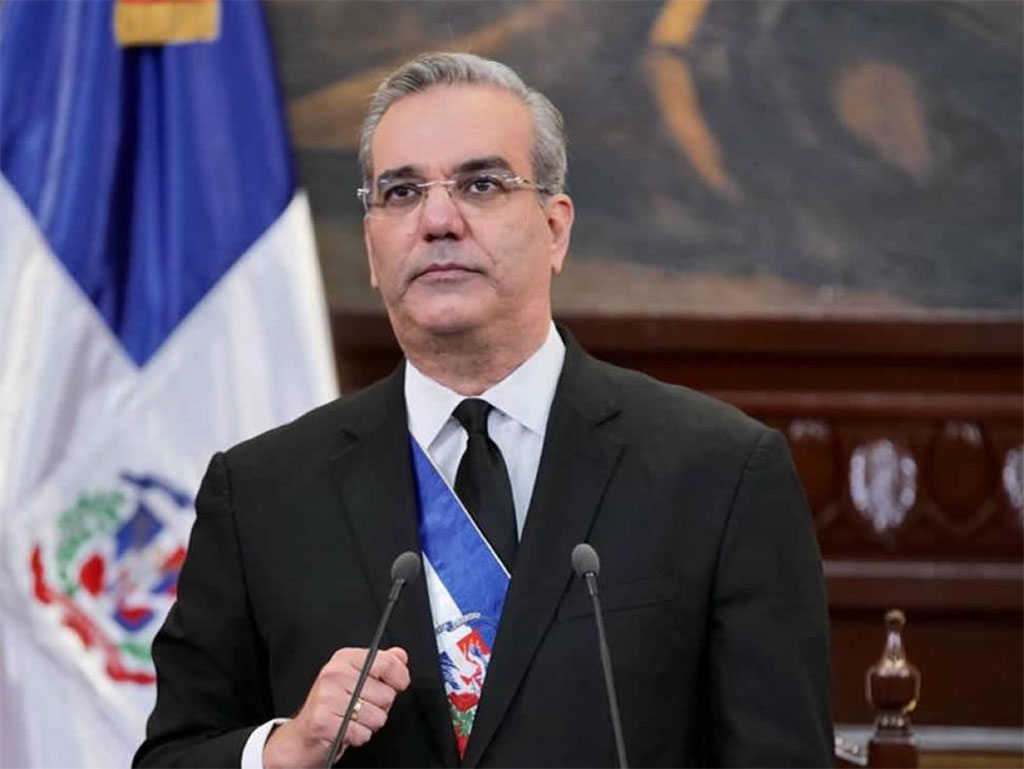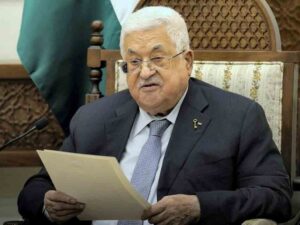The re-elected president of the Dominican Republic, Luis Abinader, will assume his second term in office today, in which he will put his reformist policies and his capacity as an economist to the test.
The inauguration ceremony, very different from that of 2020, then marked by the Covid-19 pandemic and carried out with absolute discretion, will take place this morning at the National Theatre in the presence of official delegations from dozens of countries.
Among those attending are the King of Spain, Felipe VI; the heads of state of Paraguay and Panama, Santiago Peña Palacio and José Raúl Mulino, respectively; the Prime Minister of Guyana, Mark Phillips; the head of state of Suriname, Chandrikapersad Santokhi; and the President of Guatemala, Bernardo Arévalo.
Also the Prime Minister of the Commonwealth of the Bahamas, Philip Edward Davis, and his counterpart from Curaçao and head of the Netherlands delegation, Gilmar Pisas; the Prime Minister of Belize, John Briceño; the Governor General of Antigua and Barbuda, Rodney Williams, and the Vice-President of El Salvador, Felix Ulloa.
Also, the Deputy Prime Minister of Cuba, Jorge Luis Tapia Fonseca; the Minister of Domestic and Foreign Trade of Serbia, Tomislav Momirovic, and the Secretary of Energy of the United States, Jennifer Granholm, among other authorities.
Abinader, 57, of Lebanese origin, comes from a wealthy family with important businesses in tourism, higher education, and cement manufacturing, known as Grupo Empresarial Abicor.
His personal fortune is estimated at 70 million dollars, according to a public declaration of assets he presented a month after winning the elections four years ago.
His academic training left its mark at the Instituto Tecnológico de Santo Domingo, where he graduated with a degree in Economics. He took several postgraduate courses at Harvard University, the Arthur D. Little Institute in Cambridge, Massachusetts, and Dartmouth College in Hanover, New Hampshire.
The now re-elected president with almost 58 per cent of the valid votes last May, won that office in 2020, after founding the Partido Revolucionario Moderno (PRM) in 2014, together with politicians from the Partido Revolucionario Dominicano (PRD).
On 5 July 2020, Abinader, the first dignitary born after the dictatorship of Leónidas Trujillo, won with 52.52 per cent of the vote.
On 15 October of that year, the Dominican Republic signed an important cooperation agreement with the United States to gain access to some two billion dollars to be used in the areas of energy, tourism and other infrastructure projects.
Abinader’s administration is questioned by the opposition for increasing the country’s public debt from 44,622.3 million dollars in 2020 to 54,828.8 million dollars in December 2023.
With a defined government policy, one of his priorities is to raise the standard of living of 24.6 per cent of poor citizens in rural areas and 18 per cent in urban areas, according to official data.
The president is backed by the PRM’s overwhelming victory in the municipal elections last February and the presidential and congressional elections in May, in which it won around 120 of the 158 mayoral seats, 29 seats in the Senate out of a total of 32, and a majority in the National Congress (145 deputies out of 190).
With this scenario, and if the will to resolve the main collective problems prevails, Abinader will be able to carry out his promised programme.
Despite the good economic performance during this four-year period in strategic sectors such as tourism, foreign direct investment and the receipt of remittances, global organisations indicate that the country has not managed to generate quality jobs, a deficient health system persists and the informal economy is on the rise.
The fight against citizen insecurity, together with the high cost of living, unemployment and corruption, are priorities for the PRM’s second term in office.
An issue of social importance that is still pending is the fight that the Executive will have to wage against feminicide, which last year claimed the lives of 51 women.
No less important for the new administration is the issue of immigration, especially from neighbouring Haiti, currently dominated by paramilitary gangs that have turned that nation into a hellish place, exacerbated by the lack of a constituted government and a decadent socio-economic structure.




